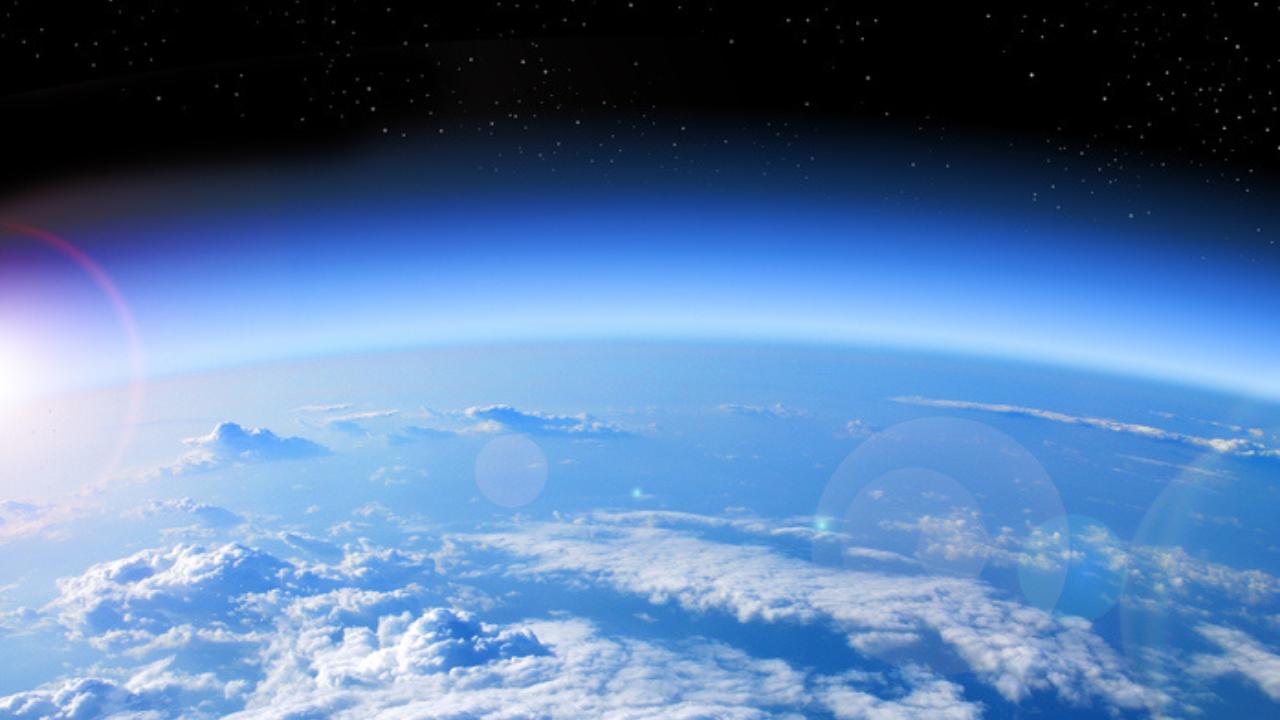According to reports show ozone depletion levels over equatorial regions are already endangering large populations and the associated UV radiation reaching these regions is far greater than expected

Representational images. Pic/iStock
A huge hole in the Earth's ozone layer, seven times larger than the Antarctic ozone hole, may increase the risk of skin cancers, and cataracts among humans and also affect agricultural productivity and aquatic organisms, warned a Canadian researcher.
ADVERTISEMENT
The ozone layer is known to absorb most of the sun's ultraviolet radiation (UV).
Qing-Bin Lu, a scientist from the University of Waterloo in Canada's Ontario, revealed a large, all-season ozone hole -- defined as an area of ozone loss larger than 25 per cent compared with the undisturbed atmosphere -- in the lower stratosphere over the tropics comparable in depth to that of the well-known springtime Antarctic hole, but its area is roughly seven times greater.
"The tropics constitute half the planet's surface area and are home to about half the world's population. The existence of the tropical ozone hole may cause great global concern.," said Lu.
"The depletion of the ozone layer can lead to increased ground-level UV radiation, which can increase risk of skin cancer and cataracts in humans, as well as weaken human immune systems, decrease agricultural productivity, and negatively affect sensitive aquatic organisms and ecosystems," Lu noted, in the paper published in the journal AIP Advances.
According to Lu, the ozone hole is currently sitting over tropical regions and has been since the 1980s.
The observation of the ozone hole comes as a surprise to Lu's peers in the scientific community, since it was not predicted by conventional photochemical models.
As with the polar ozone hole, approximately 80 per cent of the normal ozone value is found to be depleted at the centre of the tropical ozone hole. Preliminary reports show ozone depletion levels over equatorial regions are already endangering large populations and the associated UV radiation reaching these regions is far greater than expected.
Lu said the tropical and polar ozone holes play a major role in cooling and regulating stratospheric temperatures, mirroring the formation of three "temperature holes" in the global stratosphere. He said this finding may prove crucial to better understanding global climate change.
"The present discovery calls for further careful studies of ozone depletion, UV radiation change, increased cancer risks, and other negative effects on health and ecosystems in the tropical regions," said Lu.
Also read:
Flood-basalt volcanic eruptions might warm climate, destroy ozone layer: NASA
This story has been sourced from a third party syndicated feed, agencies. Mid-day accepts no responsibility or liability for its dependability, trustworthiness, reliability and data of the text. Mid-day management/mid-day.com reserves the sole right to alter, delete or remove (without notice) the content in its absolute discretion for any reason whatsoever
 Subscribe today by clicking the link and stay updated with the latest news!" Click here!
Subscribe today by clicking the link and stay updated with the latest news!" Click here!







